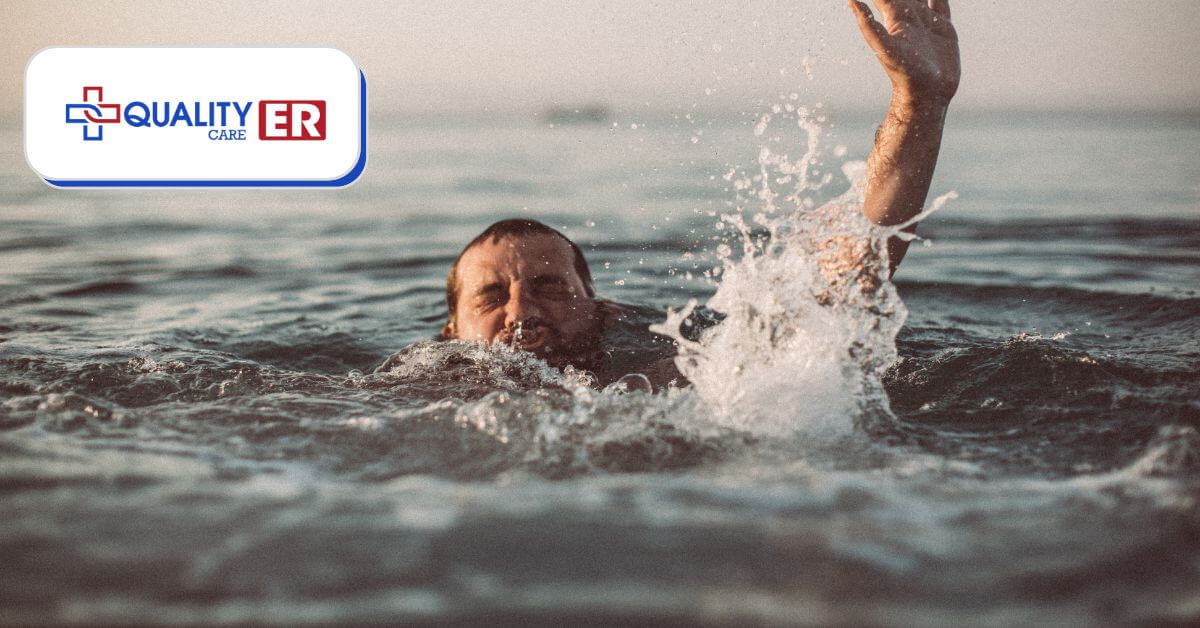What to Know About This Dangerous Condition
You already know that keeping a close eye on your little ones is essential when at the pool or lake. But did you know that there's also something called secondary drowning? Here's what you need to know about this condition and the potential symptoms to watch out for.
What is Secondary Drowning?
Secondary or 'dry' drowning happens when water gets into the lungs, even after your child has left the water. This can lead to inflammation and fluid build-up, making it difficult for the lungs to function properly. While secondary drowning is rare, it's important to be aware of the potential symptoms so you can get help if your child starts showing any signs.
Symptoms of Secondary Drowning
If your child has been in the water, keep an eye out for the following symptoms in the hours afterward—even if it appears as though they are completely fine. In some cases, you might not even know your child took a dip.
The most common symptom of secondary drowning is coughing or wheezing, similar to a chest cold. Other potential symptoms may include:
- Shortness of breath
- Chest pain
- Fatigue or extreme tiredness
- Difficulty walking or moving
- Behavior changes, such as restlessness, irritability, or excessive crying
What to Do If You Suspect Secondary Drowning
If you suspect that your child is experiencing any of these symptoms after spending time in the water, it's crucial to seek medical attention right away. The longer you wait, the more dangerous this condition can be. A doctor will give your child an examination and test for respiratory distress. They may also conduct other tests to check for your child's blood oxygen levels.
Although secondary drowning can be dangerous, it is treatable if caught early. It's important to understand the symptoms of secondary drowning and know when to take action. By recognizing these symptoms and seeking proper medical care immediately, you can help ensure that your child recovers quickly and completely.
Texas Emergency Medical Care
At Quality Care ER, we provide emergency medical care for patients of all ages. We are equipped to handle a variety of conditions, including secondary drowning. Our team of experienced doctors and nurses will work quickly to assess your child's condition and provide the treatment they need.
If you think your child may be experiencing symptoms of secondary drowning, don't hesitate to contact us. We are open 24/7.





